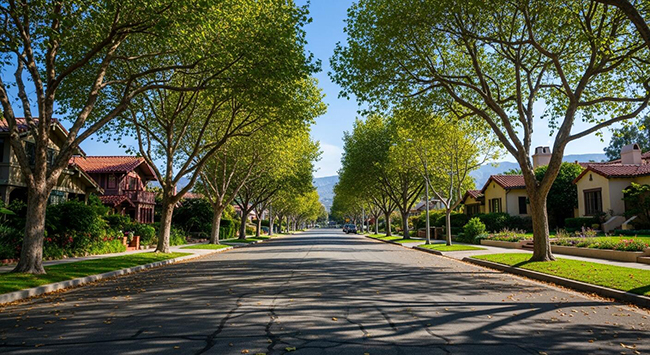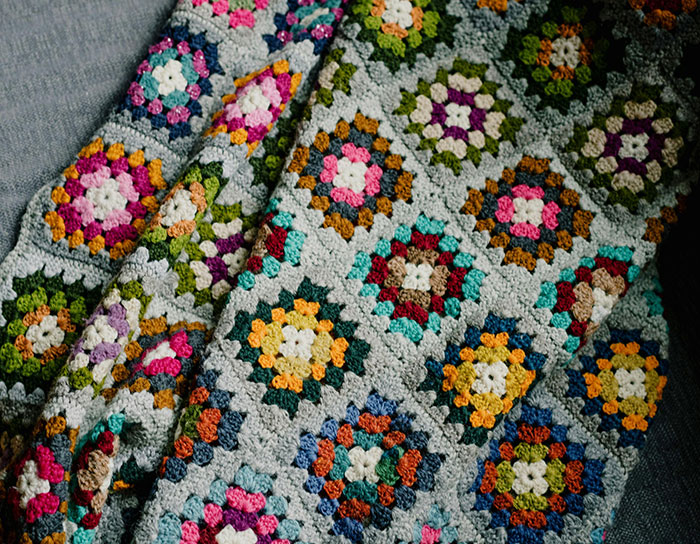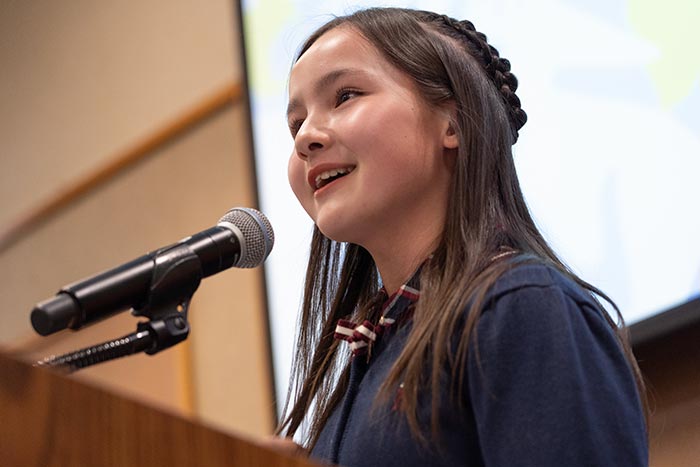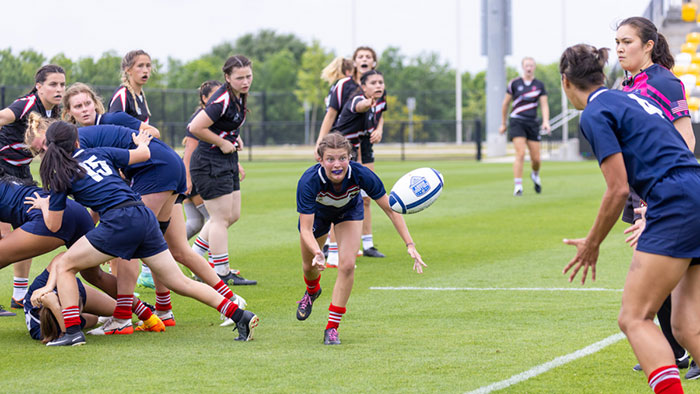Where guns rule a country
For Rafi, a Syrian man who asked to go by pseudonym, Claremont is more than the City of Trees and PhDs. For him and his family, it is freedom.
With the help of Claremont resident Mark Ielouch, Rafi and his wife and 2 children set up their new home in Claremont late last week, hopeful to find the freedom they desperately sought while living in Damascus, the capital of war-torn Syria.
He requested to remain anonymous in order to protect family members who remain within reach of the corrupt Syrian government.
Despite the dangerous journey to the United States, portions of which led them through regions riddled with gunfire, the travelers remained optimistic upon their arrival.
“The journey was rough and tough,” Rafi acknowledged with nods of consent from his 13-year-old daughter. “But we are so grateful to my friend and the US Embassy for getting us here.”
Rafi and his family are among the lucky few who have been able to escape the war-torn country and arrive in America. Thousands of Syrians have fled to surrounding countries over the past year as the government, led by President Bashar al-Assad, began cracking down against anti-government uprisings sweeping the Middle East. The protests are part of a bigger movement, known as the Arab Spring, to stop government repression.
Government-led attacks have included driving tanks into Syrian cities and opening fire on residents. While the government continues its attacks, thousands of soldiers have defected to begin their own campaign against the present government, calling themselves the Free Siberian Army. The resulting clash has claimed the lives of thousands of Syrians—both citizens and combatants—a number that continues to rise.
“It doesn’t matter if you are a protester or not. You could be shot at any time,” Mr. lelouch said.
“A gun is ruling the country now,” Rafi added. “Nobody is safe.”
His dual citizenship and connections to those living in the United States provided a necessary foundation for his escape from Syria. Rafi lived in California as a young adult, eventually receiving his citizenship, before returning to Syria in 1994 to care for his ailing mother. He remained after his mother’s death, met his wife and settled down. The birth of a daughter and then a son further rooted him to his hometown of Damascus. However, as he watched the corruption within the Syrian government in the years following, he began planning his family’s return to the United States.
“The civil war was starting to happen little by little. There were a lot of changes,” he said, There was no diesel fuel, no gasoline, prices were getting very high, food was hard to find.”
The slaughters began soon after. Tanks and snipers were deployed to keep people off the streets. A doctor was burned alive in his home and entire families killed with knives, Rafi recalled.
“It’s really very tragic,” he said. “There is no sense of humanity. It’s Syrians killing Syrians. It’s criminal.”
After visiting with Mr. Ielouch last month, Rafi took action to get his family out of Syria for good. Though passage to the United States was within reach for him and his children, who have also attained dual citizenship, the struggle came with acquiring a green card for his wife. It took Rafi 6 weeks to gain the proper documents, which required a risky journey to the US Embassy located outside Syria in Jordan. The US embassy in Syria closed last month as a result of the genocide. The couple left their home at 4:30 a.m. in a cab to make the journey under the cover of darkness, unsure if they would survive to see their children again.
“We were very scared. Amman is about a 4-hour drive from Damascus,” he said. They made it back without incident. “We were very, very lucky.”
Rafi quickly sold his car to help pay for his family’s journey, rented out his home and with the help of Mr. Ielouch, began the trek to Dubai and from there to Los Angeles and Claremont.
“If it weren’t for my friend’s help, we would not be here,” he said of Mr. Ielouch.
Though still not used to the 9-hour time difference, Rafi and his family, with the help of Mr. Ielouch and other Claremont neighbors, are already feeling at home in their new abode nestled just outside the Claremont Village. Rafi’s children have enrolled at Sycamore Elementary School and are eager to begin their studies.
“She [my daughter] is really excited to learn English, to be able to express herself in English,” Rafi translates for her. She proudly beamed, wearing a brand-new shirt emblazoned with an American flag. The 13-year-old is already planning her future studies at the Claremont Colleges. She wants to be a psychologist.
After years of turmoil, Rafi and his wife are simply enjoying the peace and quiet, and the luxuries of their new life. For them, it is the American Dream.
“This is a free country,” Rafi said with a smile.
—Beth Hartnett










0 Comments